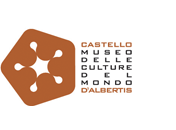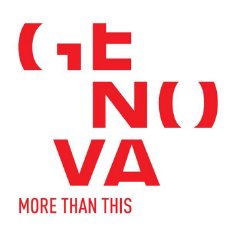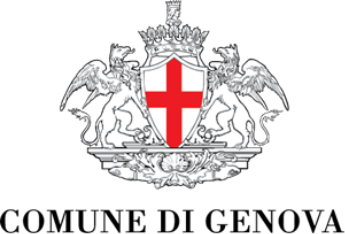Msgr. Lunardi (1880–1954) can be considered a pioneer of American Studies.
At the beginning of his career at the Diplomatic Service of the Holy See, in 1916 young Federico Lunardi travelled to Latin America, where he got into contact with cultures hitherto almost unknown in the Old Continent. He first visited Cuba, Chile, Colombia, Brazil, Bolivia, Honduras and finally Paraguay; following the development of his research, he then travelled to Peru, Guatemala, Nicaragua, Ecuador, El Salvador, and explored almost all of Mexico.
The Lunardi Collection, which the late Professor Ernesto Lunardi has devotedly and enthusiastically kept and opened to scholars, includes a series of pre-classical and classical Mayan vases; everyday and ritual objects such as the metate to grind corn, sacrificial knives and jade jewelry from Honduras; archaeological finds from the Olmec, Teotihuacan, Zapotec and Toltec civilisations and the cultures of the central Andes; and ocarinas and figurines from Nicaragua, Salvador, and Costa Rica.
Finally, it also includes natural history collections and an extraordinary archive, consisting of autograph manuscripts by Federico Lunardi, and scale drawings of temples and statues, travel notes, and photographs (60,000 negatives) of considerable interest.




